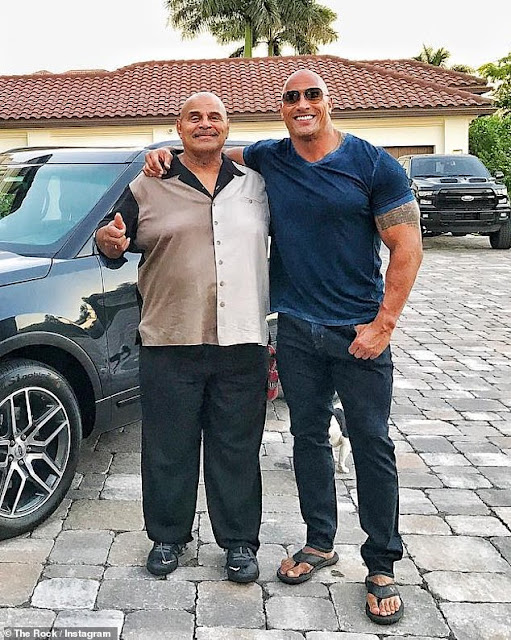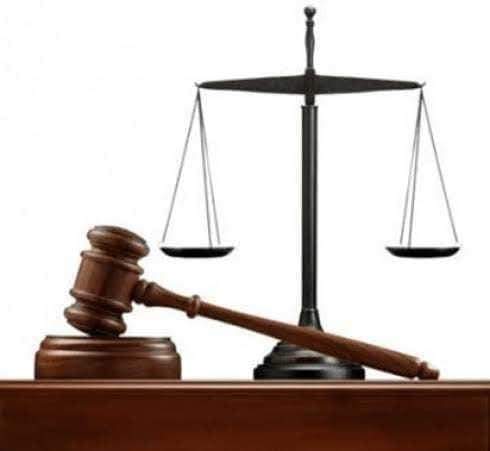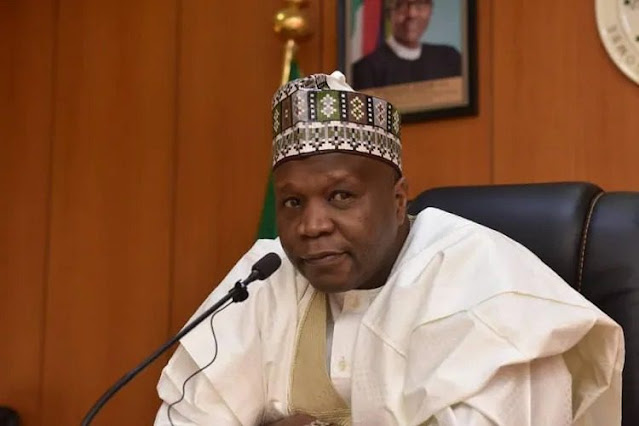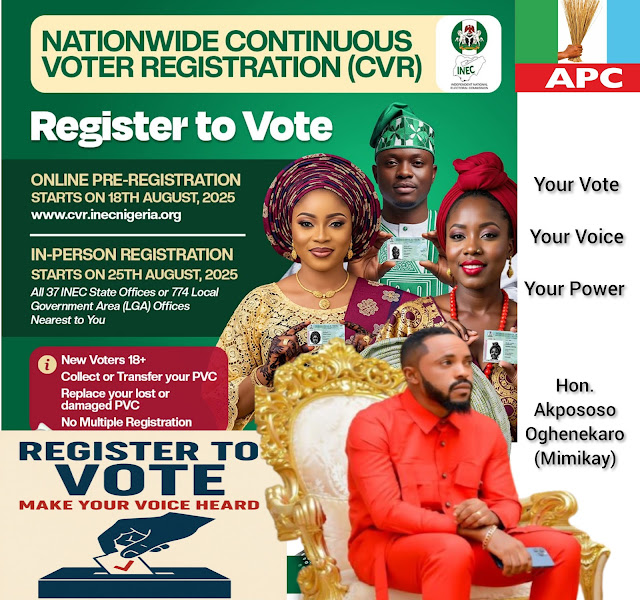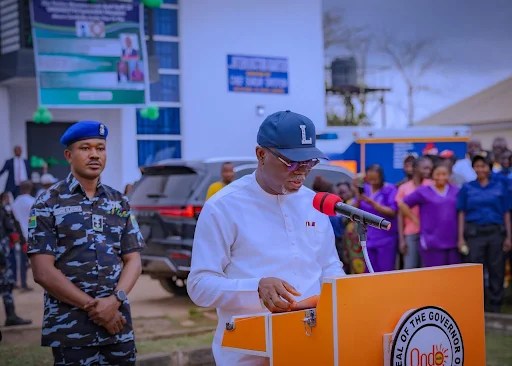In a poignant and candid interview with CBS Sunday Morning on August 31, 2025, Dwayne “The Rock” Johnson opened up about the complex and often strained relationship he shared with his late father, Rocky Johnson, a trailblazing professional wrestler. The Hollywood superstar and former WWE icon, known for his charisma and larger-than-life persona, revealed a deeply personal side, discussing unresolved tensions, moments of regret, and his ongoing journey toward understanding and healing. The revelations, shared in the context of his father’s passing in January 2020, have resonated with fans worldwide, sparking conversations about family dynamics, forgiveness, and the challenges of reconciling with loved ones after loss. This article delves into the details of Johnson’s reflections, explores their significance for his personal and professional life, and situates the narrative within broader socio-cultural themes, offering insights into the universal struggle of navigating familial relationships.
Details of the Interview
During the CBS Sunday Morning interview, conducted by journalist Tracy Smith, Dwayne Johnson, now 53, spoke candidly about his relationship with his father, Rocky Johnson, who died at 75 from a pulmonary embolism. The discussion, part of a broader conversation about Johnson’s life, career, and upcoming projects, took an emotional turn as he reflected on the complexities of their bond. “We had a complicated relationship,” Johnson admitted, his voice heavy with emotion. “It was tough. There were times when we wouldn’t speak, and that’s a hard thing to sit with now that he’s gone.”
Johnson highlighted specific moments of tension, particularly during his teenage years and early wrestling career, when he and his father frequently clashed over expectations and personal differences. Rocky, a pioneering Black wrestler who broke barriers in the WWE (then WWF) as part of the first African American tag team champions with Tony Atlas in 1983, was a towering figure in wrestling history. However, his high expectations and disciplinarian approach often strained his relationship with his son. “He was tough on me, and I get it now—he wanted me to succeed, but at the time, it felt like we were always at odds,” Johnson said.
The actor also shared a moment of regret: a heated argument shortly before Rocky’s death, which left unresolved issues lingering. “We had a big fight, and I didn’t get to say everything I wanted to say. I wish I could have one more conversation with him,” Johnson confessed, visibly moved. He emphasized his father’s pride in his achievements, noting that Rocky lived to see his son transition from wrestling to global stardom in Hollywood, but the lack of closure continues to weigh on him. “I’m still working through it, trying to make peace with it,” he added.
Johnson’s reflections extended to his father’s legacy, acknowledging Rocky’s role in paving the way for Black wrestlers and his influence on Dwayne’s own career. “He was a trailblazer, and I’m proud of what he did for the business and for people like me,” he said, crediting his father’s resilience in the face of racial barriers in the 1970s and 1980s wrestling industry. The interview also touched on Johnson’s efforts to honor his father’s memory, including through his production company, Seven Bucks Productions, which is developing a biopic about Rocky’s life.
Background: Dwayne and Rocky Johnson’s Relationship
To fully understand Dwayne Johnson’s revelations, it is essential to explore the historical context of his relationship with his father. Rocky Johnson, born Wayde Douglas Bowles in 1944 in Amherst, Nova Scotia, Canada, was a pioneering figure in professional wrestling. As one of the first prominent Black wrestlers in the WWF, he faced significant racial discrimination but achieved historic success, including winning the WWF World Tag Team Championship in 1983. His career took him across North America, training in gyms and competing in regional promotions before breaking into the mainstream.
Dwayne, born in 1972, grew up in a wrestling family, with his father and mother, Ata Maivia, connected to the industry through the Anoa’i wrestling dynasty. Rocky’s demanding career often kept him on the road, limiting family time and creating distance between father and son. Dwayne’s early years were marked by financial struggles and frequent moves, as the family followed Rocky’s wrestling engagements. These circumstances, coupled with Rocky’s strict parenting style, contributed to tensions, particularly during Dwayne’s adolescence.
As a teenager, Dwayne rebelled against his father’s expectations, initially pursuing American football rather than wrestling. His scholarship to the University of Miami and a brief stint with the Canadian Football League reflected his desire to carve his own path. However, after injuries derailed his football career, Dwayne entered wrestling in 1996, debuting as Rocky Maivia in homage to his father and grandfather. Rocky trained him rigorously, but their differing visions for Dwayne’s career led to further friction. “He wanted me to be a certain kind of wrestler, but I wanted to be myself,” Johnson recalled in earlier interviews.
Despite these challenges, Rocky was a source of inspiration. Dwayne’s transition to Hollywood, beginning with roles in The Scorpion King (2002) and later blockbusters like Jumanji and Fast & Furious, was built on the discipline and work ethic instilled by his father. However, their relationship remained strained, with periods of estrangement, particularly in the years leading up to Rocky’s death. The CBS Sunday Morning interview marks one of Johnson’s most public reflections on this dynamic, offering insight into his personal growth and the complexities of familial bonds.
Significance of Johnson’s Revelations
Dwayne Johnson’s openness about his strained relationship with his father carries significant weight for several reasons:
Humanizing a Superstar: As one of the world’s most recognizable celebrities, with a net worth exceeding $800 million and a global fanbase, Johnson’s vulnerability humanizes him. His willingness to discuss regret and unresolved grief resonates with audiences, reinforcing his authenticity as a public figure.
Cultural Impact: The interview has sparked widespread discussion on social media platforms like X, where fans and commentators have praised Johnson’s candor. Posts highlight his role as a role model for navigating grief, with one user noting, “The Rock showing it’s okay to be real about family struggles is powerful.” This openness challenges the stoic masculinity often associated with his public persona.
Legacy of Rocky Johnson: By acknowledging his father’s contributions to wrestling and his personal influence, Dwayne elevates Rocky’s legacy. The planned biopic through Seven Bucks Productions could further cement Rocky’s place in wrestling history, addressing the underrecognition of Black pioneers in the sport.
Broader Themes of Reconciliation: Johnson’s reflections touch on universal themes of family conflict, forgiveness, and the search for closure after loss. His story resonates with those who have experienced strained relationships, offering a framework for understanding and healing.
Socio-Cultural Context: Family Dynamics and Grief
Johnson’s revelations must be viewed within the broader socio-cultural context of family dynamics and grief, particularly in the context of public figures and marginalized communities:
Family Dynamics in High-Pressure Environments: The Johnson family’s wrestling background placed unique pressures on their relationships. Rocky’s demanding career and the transient lifestyle of wrestling families created challenges for bonding, a common experience in entertainment and sports families. Dwayne’s reflections highlight the tension between parental expectations and individual aspirations, a dynamic many can relate to.
Grief and Unresolved Issues: The loss of a parent with unresolved conflicts is a universal experience, amplified for public figures like Johnson. Grief experts note that regret over unsaid words or unresolved arguments can prolong the grieving process, a sentiment Johnson articulated in the interview. His openness aligns with growing mental health awareness, encouraging others to seek closure.
Racial and Cultural Barriers: As a Black and Samoan individual, Johnson’s experience is shaped by his father’s struggles against racial discrimination in wrestling. Rocky’s perseverance in a predominantly white industry influenced Dwayne’s work ethic but also added layers to their relationship, as Rocky’s toughness may have been a response to systemic barriers.
Public Expectations and Vulnerability: Public figures face pressure to maintain a polished image, making Johnson’s candor notable. His willingness to discuss personal struggles reflects a cultural shift toward embracing vulnerability, particularly among men, aligning with campaigns like Movember that promote mental health awareness.
Challenges in Reconciling Family Relationships
Johnson’s reflections highlight several challenges in reconciling strained family relationships:
Communication Barriers: The periods of silence between Dwayne and Rocky underscore the difficulty of maintaining open communication in high-pressure environments. Misunderstandings and unexpressed emotions can deepen rifts, as Johnson’s regret over their final argument illustrates.
Generational Differences: Rocky’s disciplinarian approach, shaped by his era and experiences, clashed with Dwayne’s desire for autonomy, reflecting generational gaps in parenting styles. This dynamic is common in families navigating cultural or professional transitions.
Time and Distance: Rocky’s frequent absences due to wrestling commitments limited opportunities for bonding, a challenge faced by many families in demanding professions. Dwayne’s reflections suggest missed opportunities for connection that became harder to address with time.
Grief and Closure: The suddenness of Rocky’s death left Dwayne without the chance to resolve lingering issues, a common experience in grief. This lack of closure can complicate emotional healing, as Johnson’s ongoing process demonstrates.
Public Scrutiny: As a celebrity, Johnson’s personal struggles are subject to public scrutiny, adding pressure to navigate grief privately while maintaining a public persona. His decision to share openly challenges this stigma but invites varied reactions.
Opportunities for Healing and Legacy
Johnson’s revelations present opportunities for personal and societal impact:
Personal Healing: By publicly addressing his grief, Johnson is engaging in a therapeutic process, modeling resilience for others. Therapy or journaling, as recommended by grief counselors, could further support his journey.
Honoring Rocky’s Legacy: The planned biopic about Rocky Johnson offers a chance to celebrate his contributions while fostering dialogue about race in wrestling. Collaborating with historians and wrestlers could ensure an authentic portrayal.
Inspiring Others: Johnson’s openness can inspire fans to address their own family conflicts, encouraging communication and forgiveness before it’s too late. His platform amplifies this message, reaching millions globally.
Advocacy for Mental Health: Johnson’s vulnerability aligns with mental health advocacy, particularly for men and marginalized communities. Partnering with organizations like the American Foundation for Suicide Prevention could amplify his impact.
Cultural Representation: By highlighting his Black and Samoan heritage, Johnson can advocate for greater diversity in entertainment, building on his father’s trailblazing legacy.
Policy and Societal Recommendations
To address the themes raised by Johnson’s reflections, the following recommendations are proposed:
Promote Family Communication: Public campaigns, supported by mental health organizations, should encourage open dialogue within families, emphasizing tools like family therapy to resolve conflicts.
Support Grief Counseling: Governments and NGOs should expand access to grief counseling, particularly for communities facing systemic challenges, to help individuals process loss and regret.
Celebrate Diverse Legacies: The entertainment industry should invest in projects that highlight underrepresented figures like Rocky Johnson, ensuring their contributions are recognized.
Mental Health Advocacy: Public figures like Johnson should partner with mental health organizations to destigmatize vulnerability, particularly among men and minority groups.
Work-Life Balance in High-Pressure Careers: Industries like wrestling and entertainment should implement policies to support family time, reducing the strain on relationships caused by demanding schedules.
Educational Initiatives: Schools and community programs should teach conflict resolution and emotional intelligence to foster healthier family dynamics from a young age.
Broader Implications for Society
Johnson’s reflections have broader implications for society:
Mental Health Awareness: His openness contributes to a cultural shift toward normalizing discussions about grief and mental health, particularly among men. This aligns with global trends, as seen in campaigns like Bell Let’s Talk in Canada.
Racial and Cultural Representation: Highlighting Rocky Johnson’s contributions as a Black wrestler addresses the underrecognition of minority pioneers in sports and entertainment, encouraging greater diversity.
Family Reconciliation: Johnson’s story resonates with millions navigating strained family relationships, offering a framework for forgiveness and healing. It underscores the importance of addressing conflicts before loss.
Public Role Models: As a global icon, Johnson’s vulnerability sets a precedent for other celebrities to share personal struggles, fostering empathy and connection with audiences.
Looking Ahead: A Path to Redemption
Dwayne Johnson’s candid reflections on his strained relationship with his late father mark a significant moment in his personal and public journey. By sharing his regrets and ongoing quest for peace, he humanizes himself, offering fans a glimpse into the complexities of family, grief, and redemption. His story, rooted in the legacy of Rocky Johnson’s trailblazing wrestling career, underscores the challenges of balancing personal aspirations with familial expectations, particularly in high-pressure environments.
As Johnson continues to honor his father through projects like the Seven Bucks Productions biopic, he has the opportunity to not only heal personally but also inspire others to confront their own family struggles. His vulnerability challenges stereotypes about masculinity and success, paving the way for broader conversations about mental health and reconciliation.
In conclusion, Dwayne Johnson’s reflections on his relationship with Rocky Johnson are a powerful testament to the enduring impact of family bonds, even in the face of conflict and loss. By embracing his story, Johnson invites us all to reflect on our relationships, seek forgiveness, and honor the legacies of those who came before us. His journey is a reminder that even the strongest among us carry burdens of regret—and that healing is possible through openness, understanding, and love.


